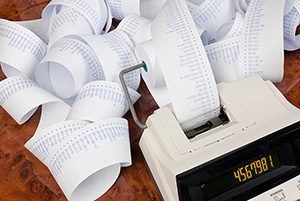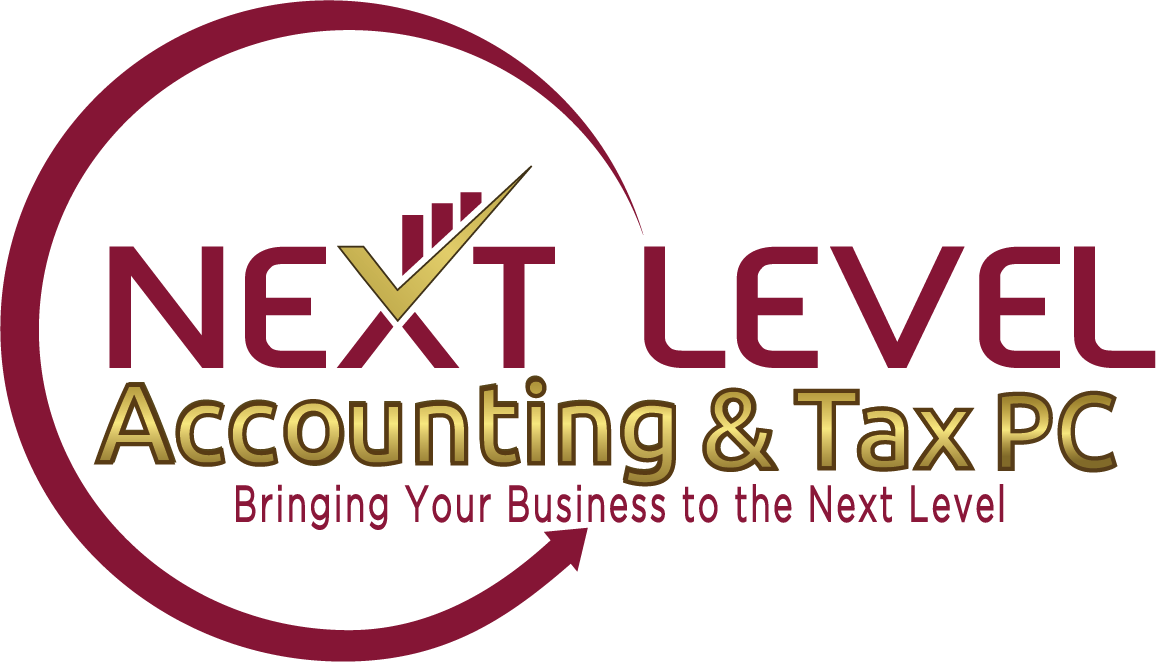Business Bookkeeping – Avoid These 9 Mistakes
 Many small business owners opt to do their business bookkeeping in-house with the help of administrative staff. This makes sense when you’re on a tight budget or when you don’t have enough work to justify hiring a full-time bookkeeper.
Many small business owners opt to do their business bookkeeping in-house with the help of administrative staff. This makes sense when you’re on a tight budget or when you don’t have enough work to justify hiring a full-time bookkeeper.
However, if you choose to keep the books yourself, be aware of these 9 common business bookkeeping mistakes:
- Failure to reconcile transactions with the bank: Your cash flow depends on more than just payments received and expenses. You may also incur bank service or interest charges that should be entered into your books on a regular basis.
- Classifying your accounts incorrectly: Having a clean, clear chart of accounts will save you a lot of time when preparing year-end taxes.
- Recording transactions under the wrong account type: Transactions such
as business permits should be considered assets, not expenses. Using incorrect account types can muddy your balance sheet. - Not using accounts when appropriate: This mistake is most common when withholding taxes; the amount withheld should go into its own account so that the original account is accurate.
- Failure to monitor petty cash: Unrecorded transactions can lead to discrepancies and confusion down the line.
- Allowing employee advances to slide: If you allow employees to take advances against their payroll, it is important to make sure the funds get replenished at the
agreed upon time. - Incorrect dates: Whether entering new bills or sending invoices to customers, having the correct dates on transactions will help maintain good cash flow and ensure more accurate reporting.
- Not tracking reimbursable expenses: Reimburse out-of-pocket expenses to maintain a more realistic income statement.
- Failure to communicate: When business owners make verbal agreements and fail to mention them to the bookkeeper, transactions can be recorded incorrectly.
